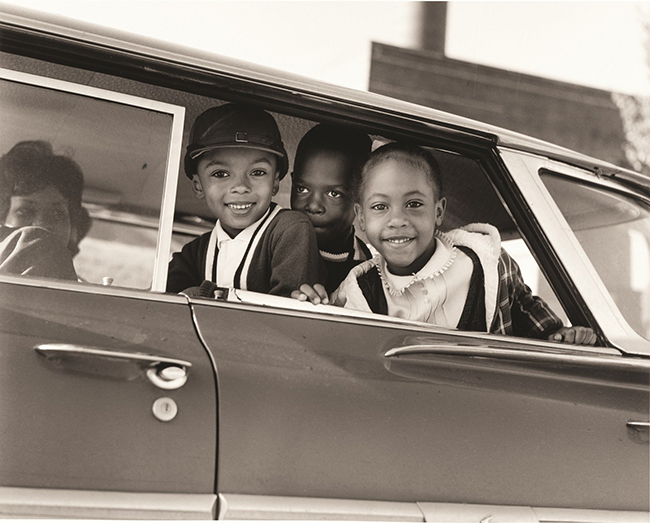The history of The Green Book, the annual guide created in 1936 by Harlem postman Victor Green that provided African American travelers with information on restaurants, gas stations, department stores and other businesses that welcomed Black travelers during the era of Jim Crow, will be highlighted in The Negro Motorist Green Book, an exhibition developed by the Smithsonian Institution Traveling Exhibition Service (SITES) in collaboration with award-winning author, photographer and cultural documentarian, Candacy Taylor. The exhibition, made possible through the support of Exxon Mobil Corporation, will be on view in Holocaust Museum Houston’s Josef and Edith Mincberg Gallery September 1 through November 26, 2023.
The Negro Motorist Green Book will offer an immersive look at the reality of travel for African Americans in mid-century America and how the annual guide served as an indispensable resource for the nation’s rising African American middle class. The exhibition will include artifacts from business signs and postcards to historic footage, images and firsthand accounts to convey not only the apprehension felt by African American travelers, but also the resilience, innovation and elegance of people choosing to live a full American existence. It will bring focus to a vibrant parallel world of African American businesses, the rise of the black leisure class in the United States and the important role The Green Book played in facilitating the second wave of the Great Migration.
The Green Book was published and distributed nationwide until 1967, providing African American travelers with information on restaurants, gas stations, department stores and other businesses that welcomed black travelers. In an era of Jim Crow laws and “sundown towns”—communities that explicitly prohibited African Americans from staying overnight— The Green Book offered critical, life-saving information and sanctuary.
The Negro Motorist Green Book was created by the Smithsonian Institution Traveling Exhibition Service in collaboration with Candacy Taylor and made possible through the generous support of ExxonMobil.








